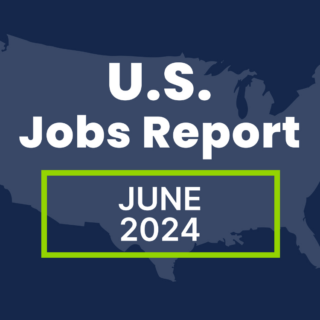As U.S. employers navigate pandemic-related changes to the workforce, leaders face new challenges brought on by the surging Delta variant.
For many employers, rising caseloads across the country have pushed them to delay a return to the office. As the New York Times reports, many companies have pushed their return to the office target into 2022. Additionally, employers face a shifting landscape of requirements and best practices to keep employees and customers safe and healthy.
Vaccine Requirements
In early September, President Joe Biden announced that he was directing the Department of Labor’s Occupational Safety and Health Administration (OSHA) to develop an Emergency Temporary Standard that will require all employers with 100 or more employees to ensure all employees are vaccinated or receive weekly tests for COVID-19. Employers will also be required to provide paid time off for employees to get the vaccine.
Additionally, President Biden signed executive orders requiring vaccines for all executive branch employees and some employees of federal contractors.
Despite the announcement, it is still not clear how or when the new requirement will take effect. Employers should work with their legal counsel to monitor any new developments.
There is also a patchwork of local laws, and employers should consult an attorney to see if any apply in their jurisdiction. For example, Santa Clara County in California, requires employers to verify vaccination status with repeated follow-up for those who are unvaccinated. Others, like in Oregon, require employees to sign an attestation saying that they have been vaccinated.
Mask Mandates
With the Delta variant, the CDC has revised its guidance on masks, recommending that everyone, including vaccinated people, should wear masks indoors in areas of substantial transmission. The CDC has a website where people can track the transmission status of their county.
At the same time, some areas across the U.S. are reinstating maskmandates, and employers should pay close attention to local requirements as they may change in response to caseloads.
OSHA recommends that employers provide all workers with face coverings at no cost to workers. Employers must discuss reasonable accommodations for any workers who are unable to wear or have difficulty wearing certain types of face coverings due to a disability.
Some special types of employers such as healthcare and congregate care employers will have different and more stringent masking requirements and guidelines.



